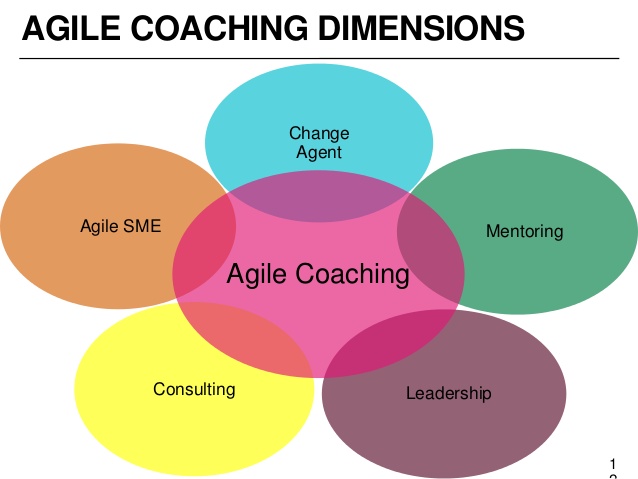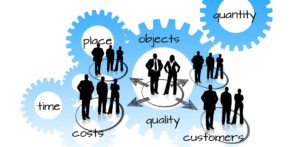Business agility is the capacity of a company to respond swiftly and successfully to changes in the business environment. Changes in the market, clientele, and level of competition are a few examples of this. In today’s fast-paced business environment, businesses must be agile to compete.
The capacity to recognize and react to environmental changes is one of the fundamental ideas relating to business agility. This entails having the ability to quickly obtain and analyse information regarding environmental changes before making the needed modifications to business operations and strategies.
The capacity to develop and experiment is a key component of corporate agility. Organizations that can regularly assess new concepts and business models are more likely to succeed eventually than those that adhere to conventional ways of doing things.
Organizations can increase their business agility by utilizing a variety of strategies and frameworks. Lean start-up, scrum and agile project management, and design thinking are a few common techniques.
Developing company agility involves giving people at all organizational levels the freedom to think creatively, take calculated risks, and make decisions. Fostering company agility may also require a culture that encourages experimentation and learning from mistakes.

Benefits Agility
Business agility has advantages for a firm, and some of these advantages include:
- Improved competitiveness: Companies are better able to compete with one another when they can quickly adapt to changes in the business environment.
- Increased innovation: Business agility helps firms to assess out innovative concepts and business models, which can result in the development of new goods and services.
- Better customer service: A more agile firm is better able to recognize and react to shifting consumer needs, which can increase client satisfaction.
- Faster time to market: New products and services can be developed and introduced more quickly in an agile organization because they can swiftly pivot and modify their strategy and operations, as necessary.
- Increased efficiency: Agile businesses can cut waste and boost overall effectiveness by iteratively testing and improving their operations.
- Improved team collaboration and motivation: Agile techniques frequently depend on empowered and cross-functional teams because they foster stronger teamwork, motivation, and communication, all of which can contribute to improved outcomes.
- Greater adaptability to market changes: Organizations that are able to feel and react to changes are better able to foresee and react to opportunities and dangers, which can also help them respond to crises.
- Lower costs: Agile firms can reduce their overall expenses by spotting and eliminating inefficiencies and wasteful areas.
Overall, in the quickly evolving business world of today, business agility can aid firms in becoming more responsive and efficient.
Business Agility Coaching
A business agility coach is a specialist who collaborates with teams and organizations to enhance their capacity to respond to changes in the business environment. Changes in the market, clientele and level of competition are examples of this.
By encouraging learning and putting continuous improvement, experimentation, and learning methodologies to use, the coach aids companies and teams in creating the mentality, culture, and procedures required to become more agile.
The coach assists teams and organizations in determining areas where their agility needs to be improved and assists them in creating and putting into action plans for accomplishing their objectives.
Collaborating with executives to create an agile vision and roadmap, coaching teams on how to use agile concepts and practices, and supporting the development of a culture of ongoing learning and development are some examples of what this can include.
A coach may also assist teams in understanding and implementing the mentality, culture, and practices, such as Scrum, Kanban, Lean Startup, and Design Thinking, which are essential for Agile and Lean ways of working.
A business agility coach can work with a wide range of businesses, from small start-ups to huge corporations, and in a variety of industries. They can collaborate with one another, in groups, or throughout a whole organization.
Business ability coaches at Courage Consultants help businesses be more flexible, inventive, and successful in the quickly transforming business environment of today.





Great piece for this generation of business leaders